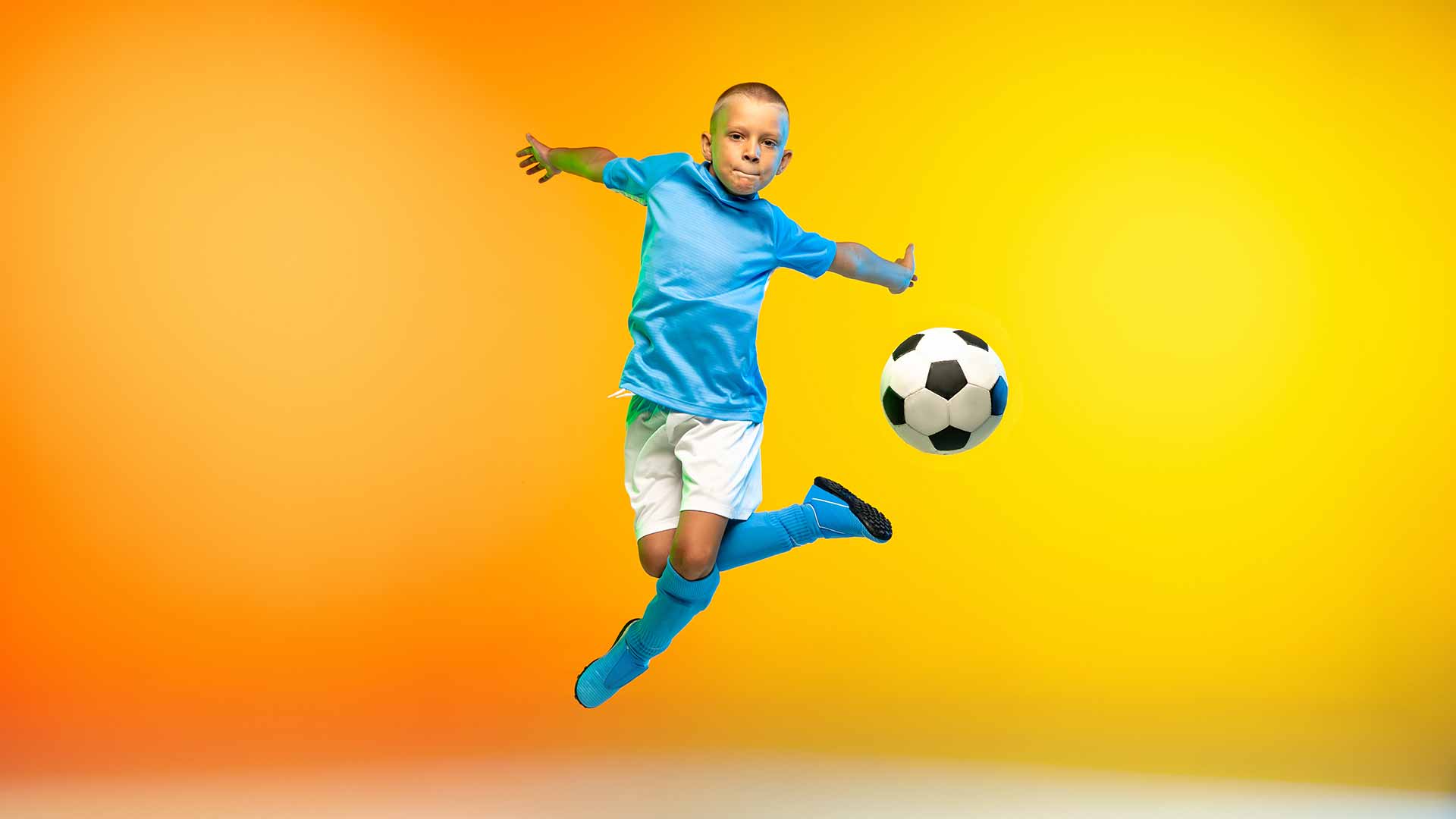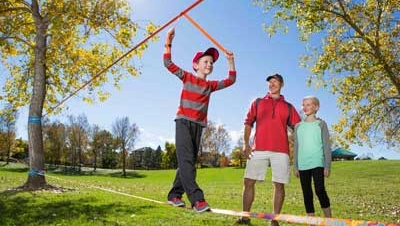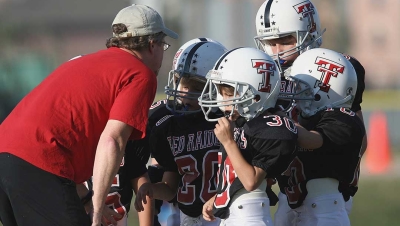How to Introduce Your Child to Sports
There are a lot of reasons to introduce children to sports.
The first that comes to mind is the health aspect. This is especially important because kids today are drawn to sedentary indoor activities, such as playing video games or being active on social media.
Physical activity brings better coordination, increased strength, healthier lungs and heart, and increased stamina. Additionally, participating in sports offers emotional benefits, such as healthy self-esteem, stress reduction, and improved mood. Finally, we have the social perks of being involved in a team or a competitive activity.
That being said, here are some ways to introduce children to sports so that they can experience all the benefits.
Lead by Example
Children learn by imitating their parents’ behaviors. If they see you lying on the couch and watching TV all day, they will hardly be enthusiastic about being involved in physical activities. Understandably, you need time to rest, but try to demonstrate that you have a relationship with sports at least once or twice a week. Go for runs, ride a bike, join the gym, or play sports for fun with your kids in the backyard.
Doing Sports Is Not a Chore
While it’s important to teach your kids responsibility when it comes to tidying up their room or doing their homework, doing sports should not be a chore. Physical activity is fun and should be done in their free time.
Many parents fall into the trap of pressuring kids to achieve success in sports, which takes away all the fun. Of course, you care about their success, but you need to resist the urge to pressure them. Instead, encourage them to enjoy the game. You can tell them to do their best, but make sure they know that if they don’t succeed, nothing bad will happen.
Watch Sports Together
Many kids become interested in sports because they’ve been watching games on TV. Even some sports movies, such as “The Mighty Ducks,” “Space Jam,” “Rudy,” and “The Sandlot,” can inspire children to explore some sports. You can also make a tradition out of going to games together to give the kids the chance to feel the dazzling aura of a stadium and the ecstatic mood of the audience. It can be addictive (in a good way).
Know the Right Time to Get into Sports
Children’s readiness for sports depends on their physical maturity, emotional maturity, and health.
Younger kids (ages six to nine) are still developing their motor skills, and they are usually new to the concept of teamwork. Some sports require a certain level of endurance and flexibility and are not recommended for young kids. Pressure, competition, and stress that come with sports are not adequate for young kids, so maybe you should keep the physical activity in your backyard and on the playground until they are mature enough.
Choose the Right Sports
The choice of physical activity for children depends on different factors. We’ve already mentioned that age is one of them, but you should definitely also consider your kid’s interests and temperament.
If a child is not emotionally mature enough for teamwork, it’s best not to force them into team sports. Instead, help them ease into the concept through more independent activities, such as golf, swimming, or tennis.
Another important factor to consider when choosing a sport for your child is the necessary equipment for training. Some sports, such as equestrianism, for example, might be too costly when all the equipment is added to the cost of training. Of course, as parents, we want to give our children what’s best for them regardless of the cost, but if a sport is out of your budget, there are so many other options to choose from.
Furthermore, you want to see how adaptable the selected activity is to your child. For example, if baseball is the activity of your choice, you need to see the different sizes of baseball bats and how they fit with your kids and the age limits in your local teams.
Final Thoughts
Finally, after all this effort put into helping your kid choose the right sport, you also need to be ready to let them change their minds if they want to.
Kids are quick to change interests. After some time of playing basketball, they might decide they want to try soccer. While that may be frustrating to you because they just got good at basketball, it’s natural for them to want something new. Sticking around and doing something they lost interest in can only make things worse. Besides, specialization in a single sport carries the risk of burnout, mental stress, and blocking the development of various motor skills they can learn from several different activities.
Photo by Yan Krukov from Pexels




















